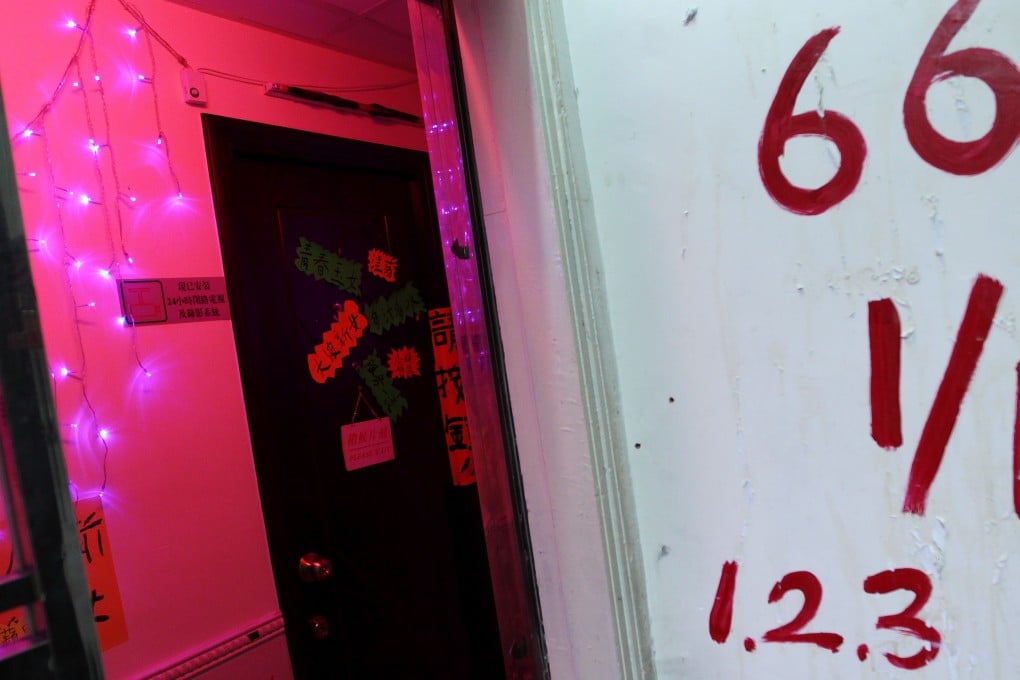The Secret Sex Life of Hong Kong
Three women working in the city's sex industry bare their souls—and their stories couldn't be more different.

When Saanvi started taking estrogen tablets to become a woman, she couldn’t climax for the men who would buy her for an hour. This was a problem for Saanvi—her clients expected her to dominate them sexually, and to come. Why pay for a prostitute who can’t perform? Saanvi kept going with the drugs and kept working, too.
The city’s sex workers don’t have much of a choice.
Vice and Vulnerability
Hong Kong’s laws don’t make prostitution illegal, but that’s not to say that sex work here isn’t criminal. Soliciting sex is illegal. The law also states that it is illegal for more than one prostitute to work on the same premises—sparking a widespread city phenomenon known as the one-woman brothel.
The implications of a one-woman brothel can be hard to stomach. There’s a strong risk of violence—and death—as these sex workers, mostly migrants, are alone in their apartments with potentially abusive or homicidal clients. They aren’t allowed by law to hire security or have another sex worker keep watch.

“These laws make them vulnerable,” says Mabel Au, the director of Amnesty International Hong Kong. She gives the example of the March 2008 killings, when four sex workers were murdered in three days. There are more cases, and it appears that no one is particularly interested in investigating these crimes.
Au recognizes that local efforts to protect sex workers move slowly. Discussions in the legislature about how to provide greater protection in the sex industry are few and far between. Some district councilors, most often around election time, want to eradicate sex work altogether, says Au. “I don’t think a city can make sex work disappear. It’s very natural everywhere,” she says. “Sex workers are also residents—they just have a different business.”